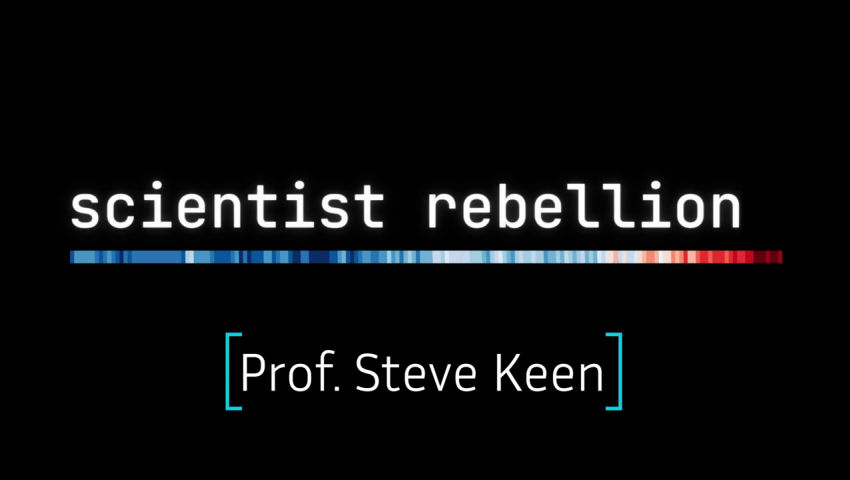

EU ETS has no offsets and is well enough run
Yeah fair cop I’ll take that. The only critique I’d have is that the price is a bit low, maybe suspiciously so, and it has had the side-effect of “exporting” emissions & emissions reduction to other countries.
but that is not that hard.
I dunno man it’s super hard to convince my wife to take the train. Almost all of the “problems” to climate change have ready solutions. The social issues are what limit us now. People get annoyed if you tell them they can’t have or can no longer afford a thing.







If there was a word for “genius” but for being a good person instead of smart, she would be that.